The Colorado Supreme Court ruled Monday that a three-day delay by Denver police in obtaining a search warrant for a seized vehicle did not violate the Constitution, establishing a new test to assess whether such delays are reasonable.
The case involved Arthur Mills, whose car was impounded after police suspected drug activity during a traffic stop. Officers waited until the following Tuesday—three days after the vehicle was seized—to secure a search warrant, after a drug-sniffing dog alerted to the presence of narcotics.
Chief Justice Monica M. Márquez, writing for the court, said that while the U.S. Supreme Court previously addressed this issue in a 1970 ruling, it did not create a rigid deadline for when police must obtain a warrant. Instead, Colorado’s justices adopted a more flexible, fact-intensive and context-specific balancing test to evaluate delays based on:
-
The government’s diligence in applying for a warrant
-
The length of the delay
-
The impact on the defendant’s property rights
“Consideration of the government’s diligence safeguards against unreasonably long seizures by imposing a ‘time-sensitive duty’ to apply for a search warrant,” Márquez wrote.
Applying the new standard, the court found the delay in Mills’ case to be “relatively brief” and reasonable. Mills, who lacked a license and insurance, couldn’t have legally driven the car during that time anyway. Although Detective Kevin Burke waited for a K9 unit to conduct a sniff test before seeking a warrant—and mistakenly believed he had seven days to do so—the court found no evidence of bad faith or lack of diligence.
Justice Richard L. Gabriel did note that “this was not a model of police conduct,” as Burke’s assumptions about legal timelines were incorrect. However, the majority agreed the police were being thorough, not negligent.
A lower court judge had previously ruled in Mills’ favor, suppressing the drug evidence due to the delay. The state appealed, and the Supreme Court reversed that ruling, allowing the evidence to be used at trial.
The decision creates new legal precedent in Colorado for evaluating law enforcement delays in obtaining search warrants for seized property, offering more nuanced guidance than the older federal standard.

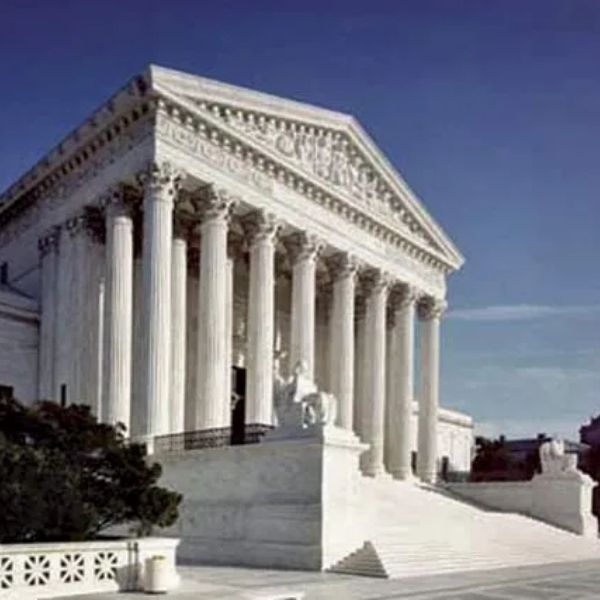


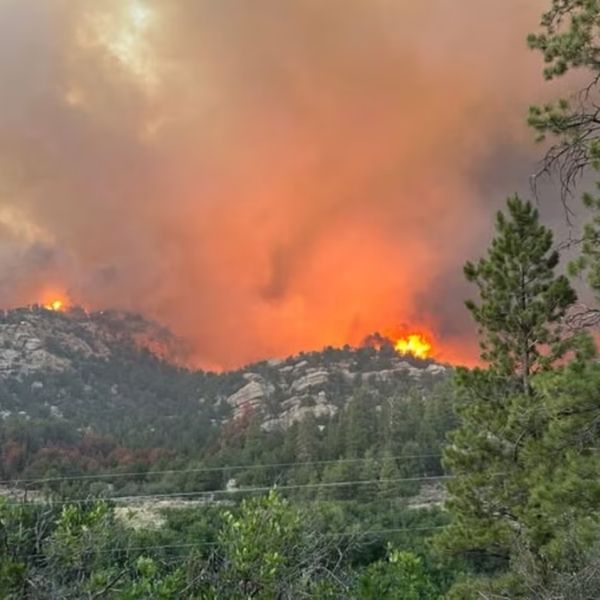


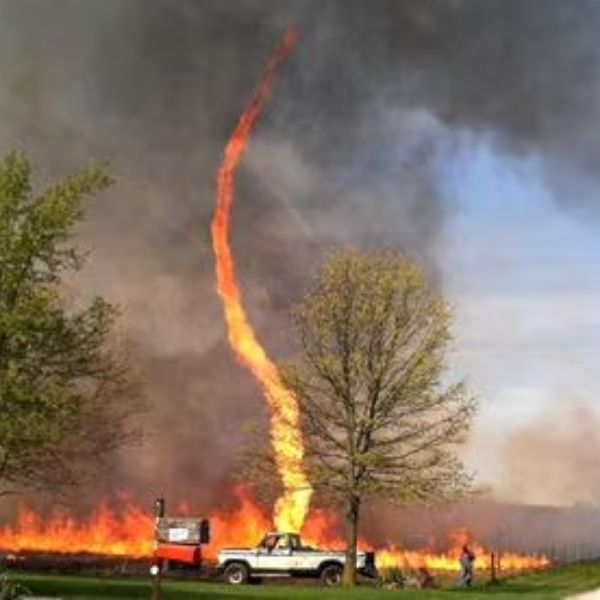
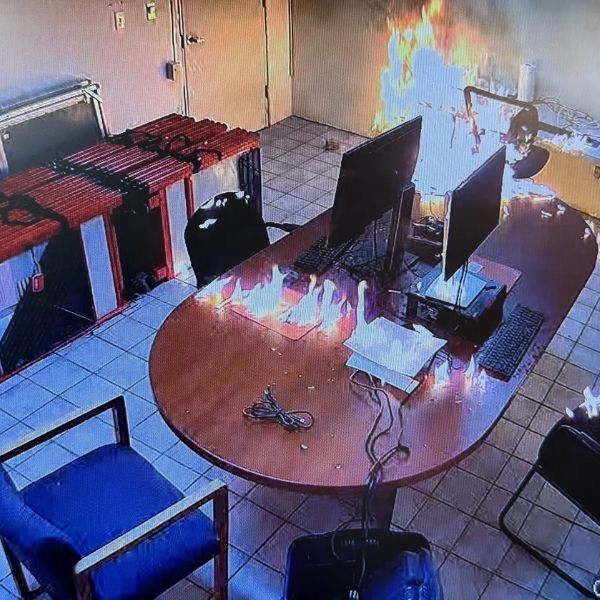



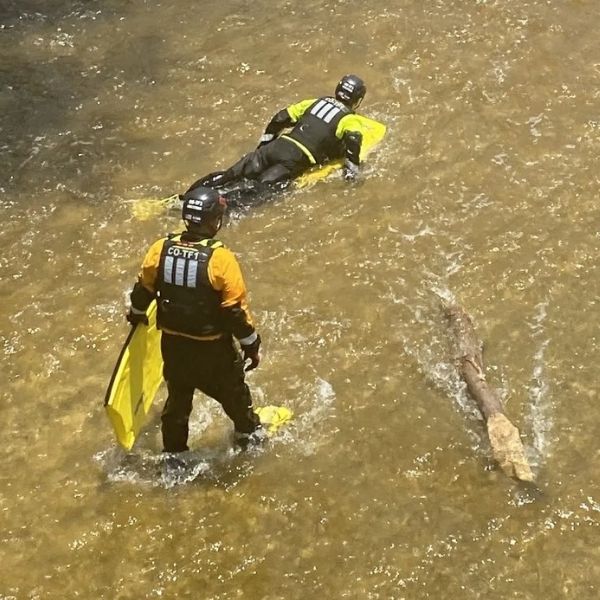



Leave a Reply